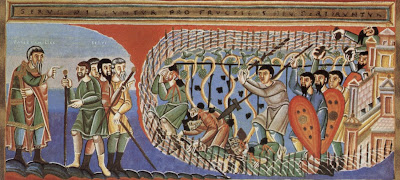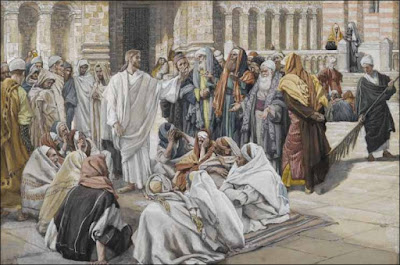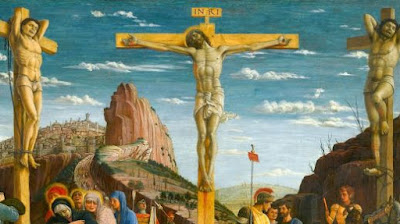Homily for the 27th Sunday in Ordinary Time, October 4, 2020, Year A

Fr. Charles Irvin Diocese of Lansing ( Click here for Sunday’s readings ) What’s the one of the big things that has preoccupied you since you were a child and throughout all of the years that have followed? Isn’t it fear of rejection ? Recall your early days as a child. Even as a tiny baby you screamed, shrieked, and cried if you were not held, cuddled, and loved by your mother and your father. As a child you craved to play with playmates and you were miserable if they didn’t want to play with you. And when you were a teenager? Well, words can’t begin to describe the pain and fear teenager experiences when faced with rejection. When parents divorce isn’t a child’s primal fear and first thought that one or the other parent is rejecting him, particularly the parent who because of the divorce is forced to leave the child’s home? In divorce kids imagine they’re being rejected even though that isn’t the case. Sometimes we’re so obsessed with the fear of rejection that we trea




